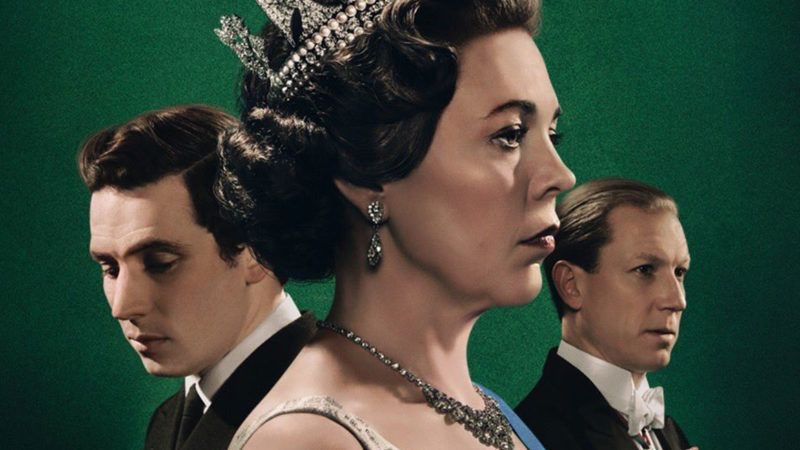The Crown

Monarchy is a soulless institution that stamps out all individuality, and its effects can be harshest on those at the top of the pyramid. That is the major ironic takeaway of the third season of Netflix's The Crown, which continues its look at the modern British Royal Family, now in the turbulent 1960s and '70s.
The characters are older, as are the new actors playing them, aged by both time and the demands of their roles. With that age has come a palpable sense of regret for Queen Elizabeth II and her husband, Prince Phillip. Sequential episodes in the middle of the season show the two grappling with the fact that conformity to the needs of "the Crown" has prevented them from spending their lives the way they'd have preferred (and perhaps with whom they would have preferred): Philip as a naval officer and Elizabeth as a horse breeder.
Barreling headlong into that same fate is their son, Prince Charles, whose attempts to bring his own personality to bear as heir to the throne are either dismissed or actively crushed by his family. The struggle from earlier seasons between the Crown and the people who wear it is over: The Crown won.
Rent Free is a weekly newsletter from Christian Britschgi on urbanism and the fight for less regulation, more housing, more property rights, and more freedom in America's cities.


Show Comments (10)